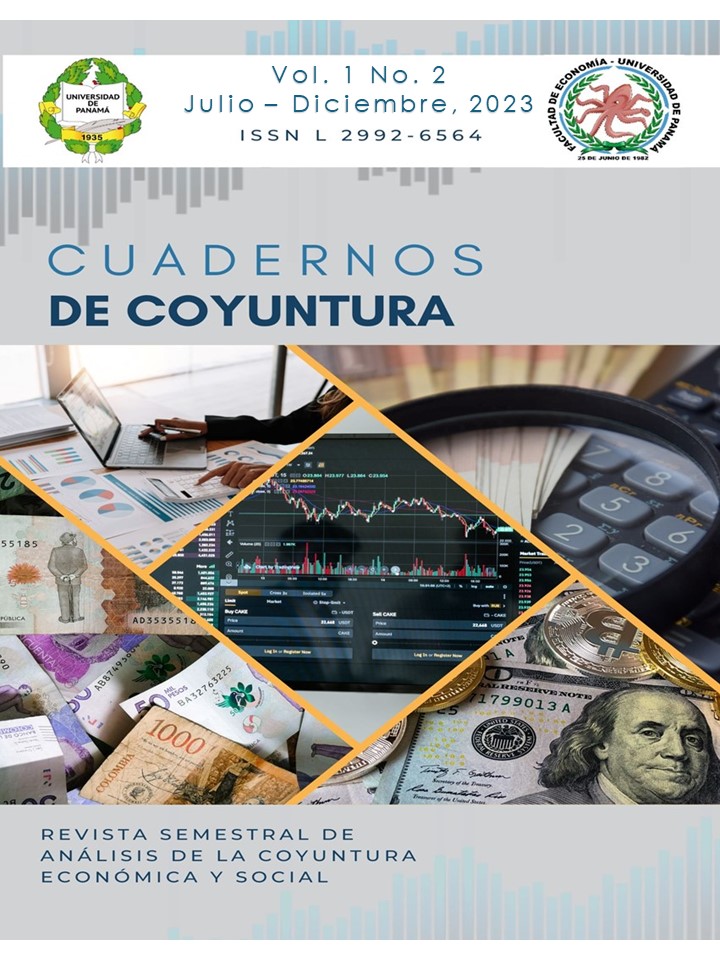

This essay aims to study the various ways in which time intervenes or fails to do so in economic analysis. The same, then, tries to critically analyze how different paradigms and methodologies present this problem. In a first section, the form of economic analysis is addressed, which proposes that the economy is a space dominated by equilibrium, being also true that the movements in this space do not need an analysis that explicitly includes the evolution of time.
In a second section, the meaning and scope of those approaches that introduce time into economic analysis as a purely mechanical movement is presented. In the third section, a discussion of Joan Robinson's ideas on analysis in terms of historical time is introduced. In the fourth section, using an example, the possibility of mathematically formalizing this approach is discussed. In the fifth section, for its part, emphasis is placed on the nature of the materialist dialectic method and its potential to carry out a comprehensive analysis through historical time, also calling attention to its ability to understand and overcome the current environmental contradictions. Finally, a brief conclusion is presented based on the comparison of the capacity of the various methodologies, highlighting the progress that Joan Robinson's idea of historical time allows, as well as the superiority of the materialist dialectical method in solving the current serious problems of the humanity.